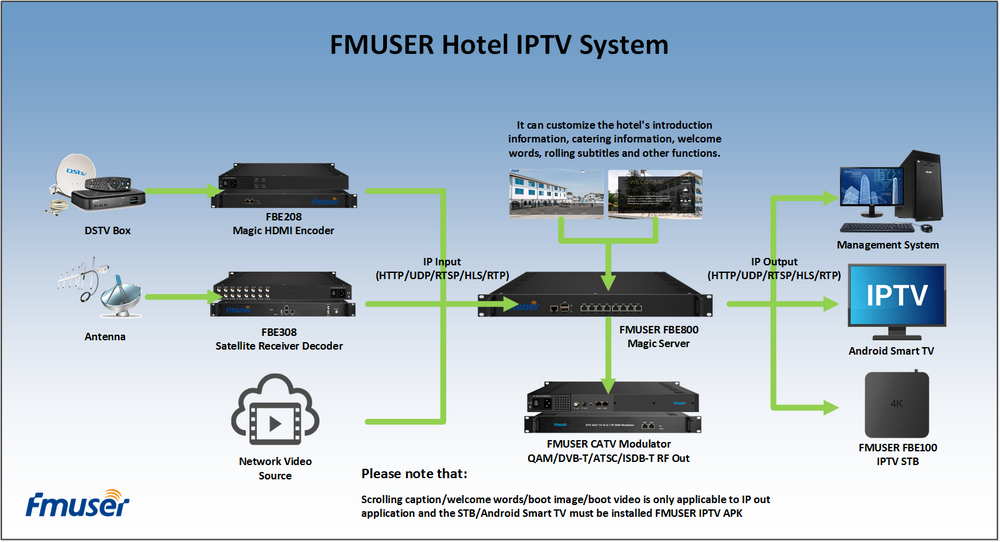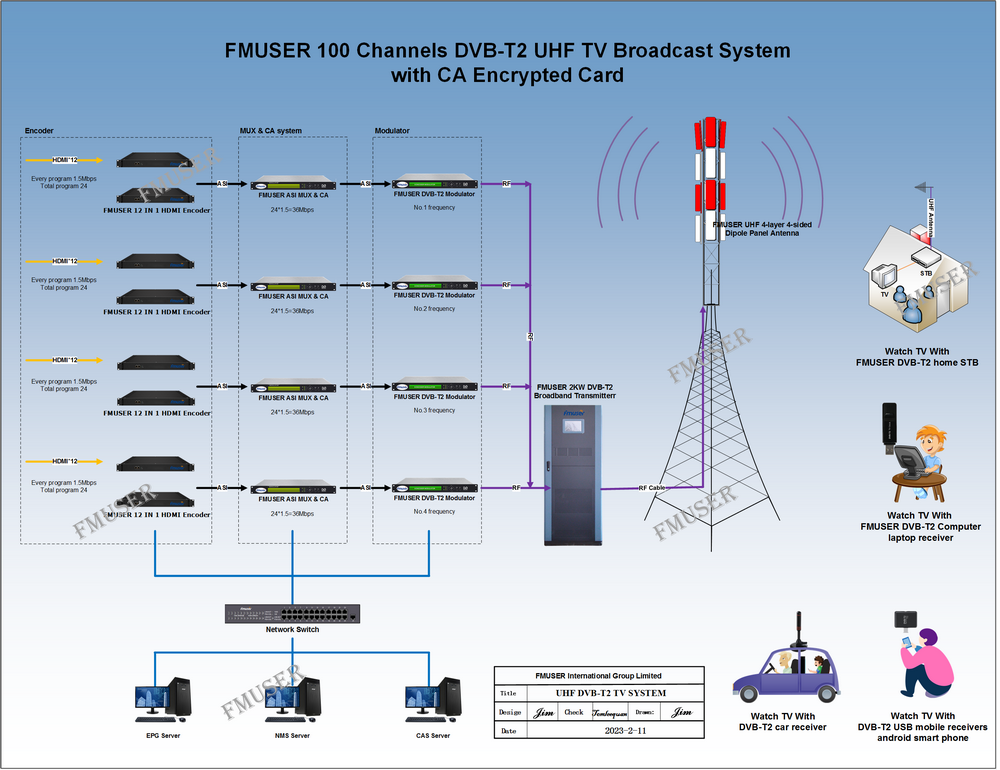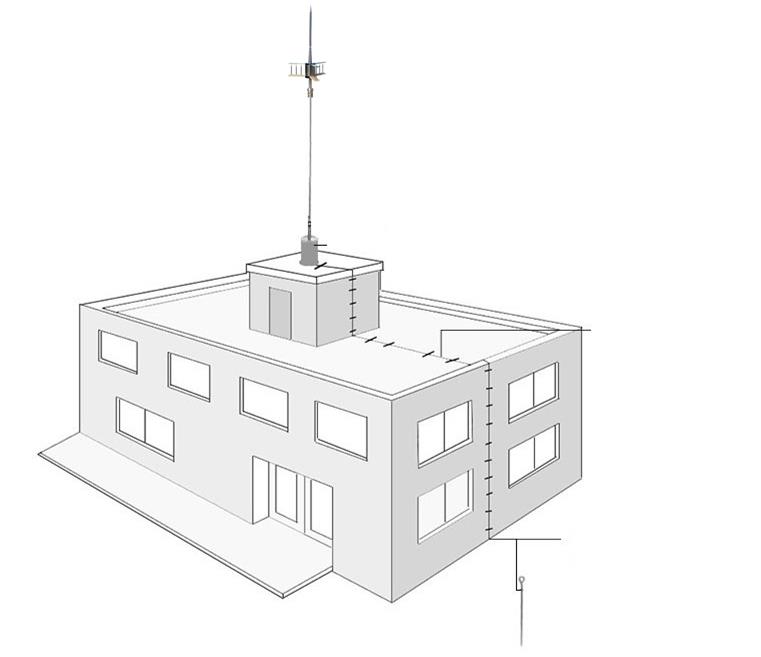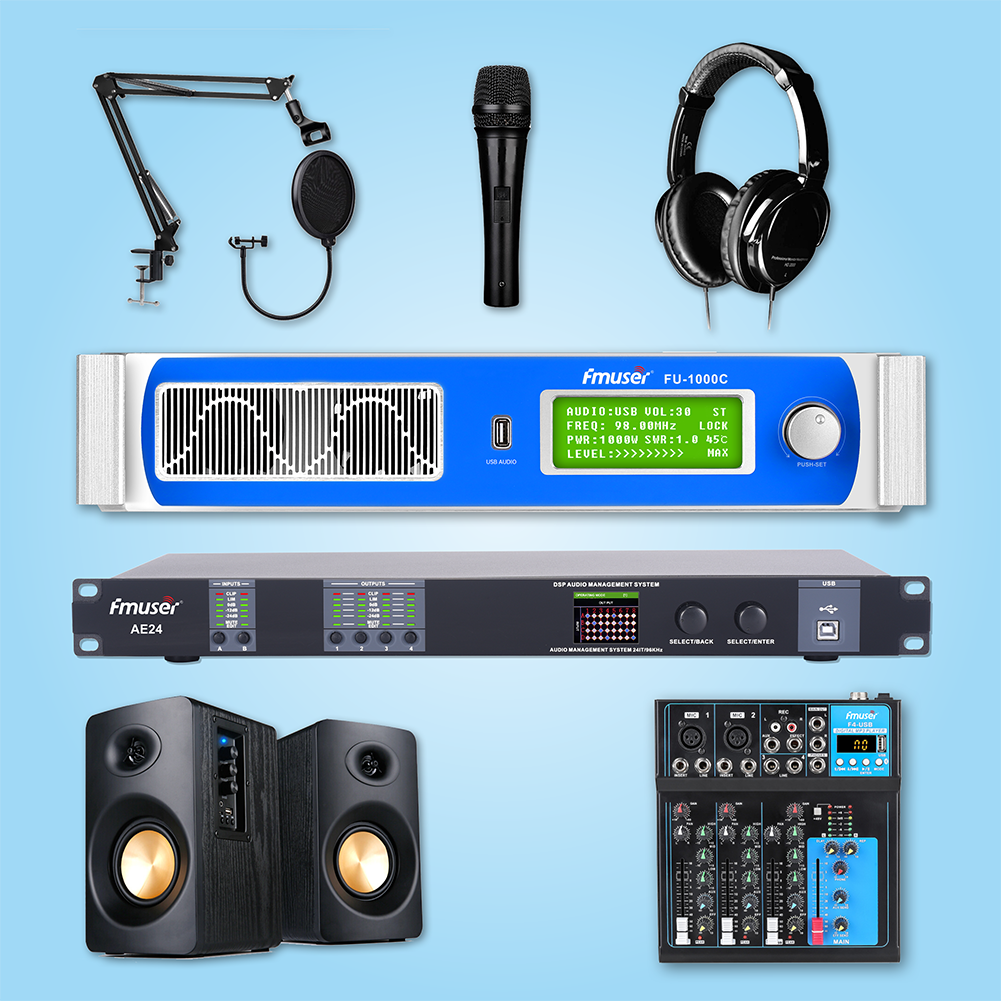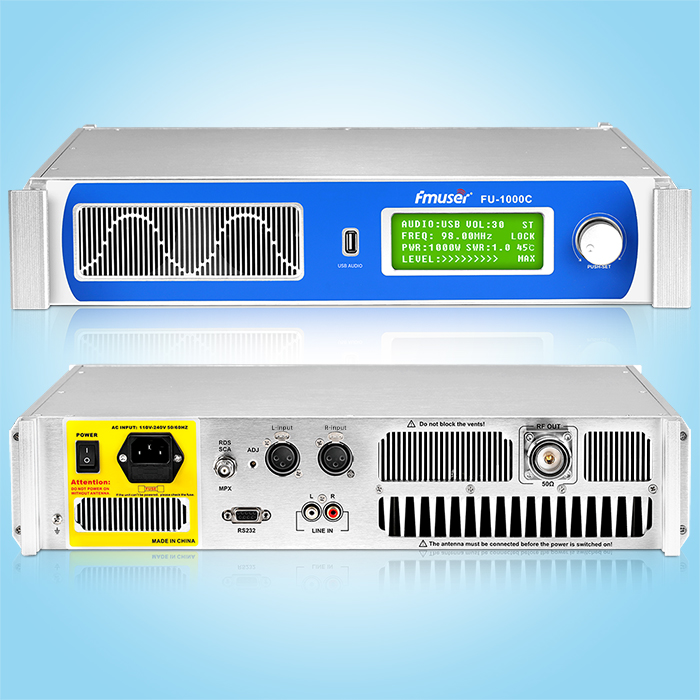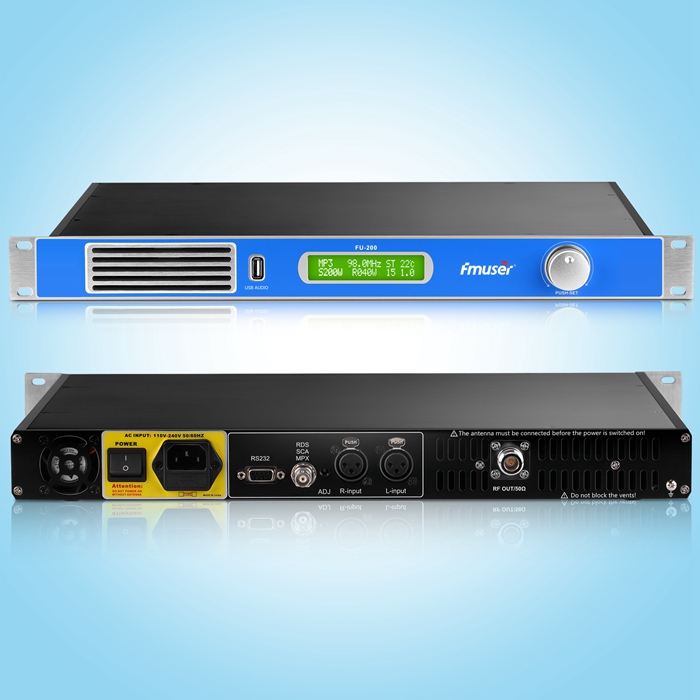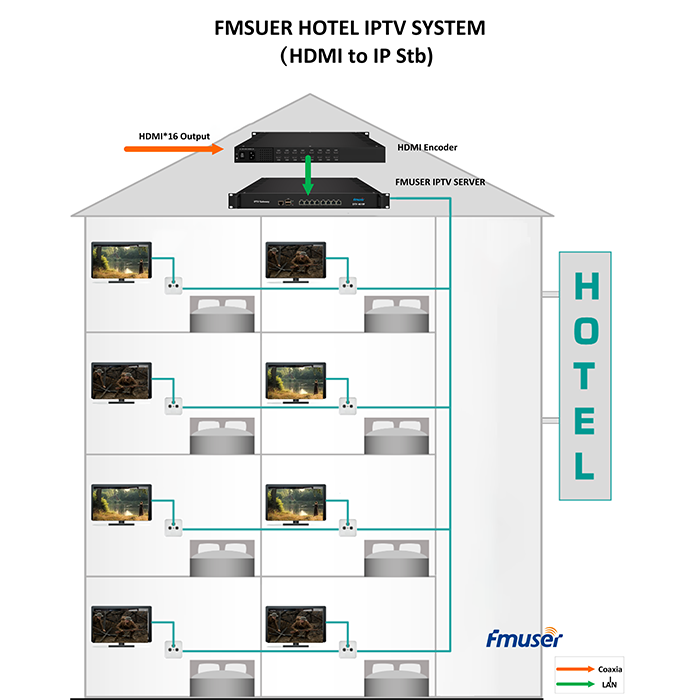You may have heard of "AM radio broadcasting" and "FM radio broadcasting", "VHF" and "UHF" television, "civil band radio", "short wave radio" and other terms. Have you ever wondered what they all mean? What is the difference between them?
In this article, we will understand the radio spectrum and how it works.
Radio frequency
Radio waves are electromagnetic waves that propagate through antennas. Radio waves have different frequencies, and the radio receiver can be tuned to a specific frequency to receive a specific signal.
Electromagnetic waves propagating through the antenna

In the United States, the Federal Communications Commission (FFC) holds the power of life and death for radio use. If a radio station wants to use a specific frequency, it must apply to the committee. For more detailed information about radio waves, see How Radio Works.
When you listen to a radio station, you will hear the announcer say "You are listening to 91.5FM WRKX The Rock!", which means that you are listening to the FM radio signal of the radio station with a frequency of 91.5MHz, and the FCC is The call sign for this assignment is WRKX. Megahertz means "one million cycles per second", so 91.5MHz means that the broadcast station's transmitter is oscillating at 91.5 million cycles per second. The FM (frequency modulation) radio is modulated to this frequency, and the station can be clearly received. All FM radio stations transmit signals in the frequency band between 88MHz and 108MHz. The radio spectrum band is only used for FM radio broadcasting.
Similarly, the frequency of AM radio broadcasting is limited to the frequency band of 535 kilohertz to 1700 kilohertz (kilo means thousand, so it is 535,000-1.7 million cycles per second). Therefore, if an AM (Amplitude Modulation) radio station says "This is AM680WPTF", it means that the radio station is broadcasting a 680 kHz AM radio signal, and the FCC designated call sign for this is WPTF.
Frequently used frequency bands include:
AM radio broadcast-535 kHz-1.7 MHz
Shortwave radio-5.9 MHz-26.1 MHz band
Civilian Band (CB) Radio-26.96 MHz-27.41 MHz
TV station-54-88 MHz on channels 2-6
FM radio broadcasting-88 MHz-108 MHz
TV station-174-220 MHz on channels 7-13
Interestingly, every wireless technology you can imagine has its own small frequency band. There are hundreds of such technologies! E.g:
Garage door remote control, alarm system, etc.-about 40 MHz
Standard cordless phone: 40-50 MHz frequency band
Baby monitor: 49 MHz
Radio controlled aircraft: about 72 MHz, which is different from...
Radio controlled car: about 75 MHz
Wildlife tracking collar: 215-220 MHz
Mir (MIR) space station: 145 MHz and 437 MHz
Mobile phone: 824-849 MHz
The new 900MHz cordless phone: Apparently, about 900 MHz!
Air traffic control radar: 960-1215 MHz
Global Positioning System: 1227 and 1575 MHz
High-altitude radio communication: 2290 MHz-2300 MHz
Why is AM radio broadcasting in the frequency band of 550 kHz to 1700 kHz, while FM radio broadcasting is in the frequency band of 88-108 MHz? This is entirely artificial, and many of them are inherited from history.
AM radio broadcasts exist in our lives much earlier than FM radio broadcasts. The first radio broadcasting appeared around 1906, and the frequency allocation of AM radio occurred in the 1920s (the predecessor of the FCC was established by the US Congress in 1927). In the 1920s, the level of radio and electronic technology was quite limited, so the frequency of AM radio was relatively low.
Television stations basically did not exist until the FCC allocated commercial broadcast bands to televisions around 1946. By 1949, millions of people in the United States owned TV sets; by 1951, there were already tens of millions of TV sets.
FM radio broadcasting was invented by a man named Edwin Armstrong. The purpose is to obtain high-fidelity (without static interference) music broadcasting. He established the first radio station in 1939, but it wasn't until the 1960s that FM really became popular. Therefore, the frequency of FM radio broadcasting is higher.
scanner
Most radios seen in daily life are dedicated radios. For example, an AM radio can listen to all AM radio stations in the frequency band from 535 kHz to 1.7 MHz, but cannot listen to stations in other frequency bands. FM radio can listen to all FM radio stations in the 88 to 108 MHz frequency band, but cannot listen to stations in other frequency bands. CB radio can listen to 40 channels dedicated to civilian band radio, but cannot listen to other channels. Scanners are different from them.
The scanner is a radio receiver with a very wide frequency range, so you can listen to various radio signals. Scanners are usually used to listen to local police, fire and emergency broadcast communications (so scanners are often called "police scanners"), but you can also use it to listen to various conversations. In general, you can:
Set the scanner to scan the entire frequency range, and stop scanning when it detects signals on any frequency being scanned-if you are interested in what the police do, you can scan the radio frequency of the police station in your area. When the patrol car makes a call to report a problem, the scanner will stop at this frequency and you can listen to the conversation.
Set the scanner at a specific frequency and listen to the channel—for example, if you want to listen to the transmission signal between the control tower and the aircraft at the local airport—you can listen by tuning to the specific frequency used by the airport. Because the scanner can receive a wide range of frequencies, it can receive almost all radio signals in the air after being set up.
In order to use the scanner, an accurate frequency table is needed to know where the incident occurred.
Our other product:



